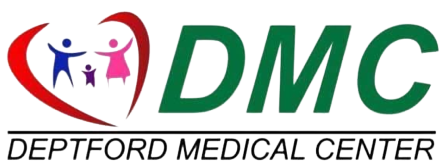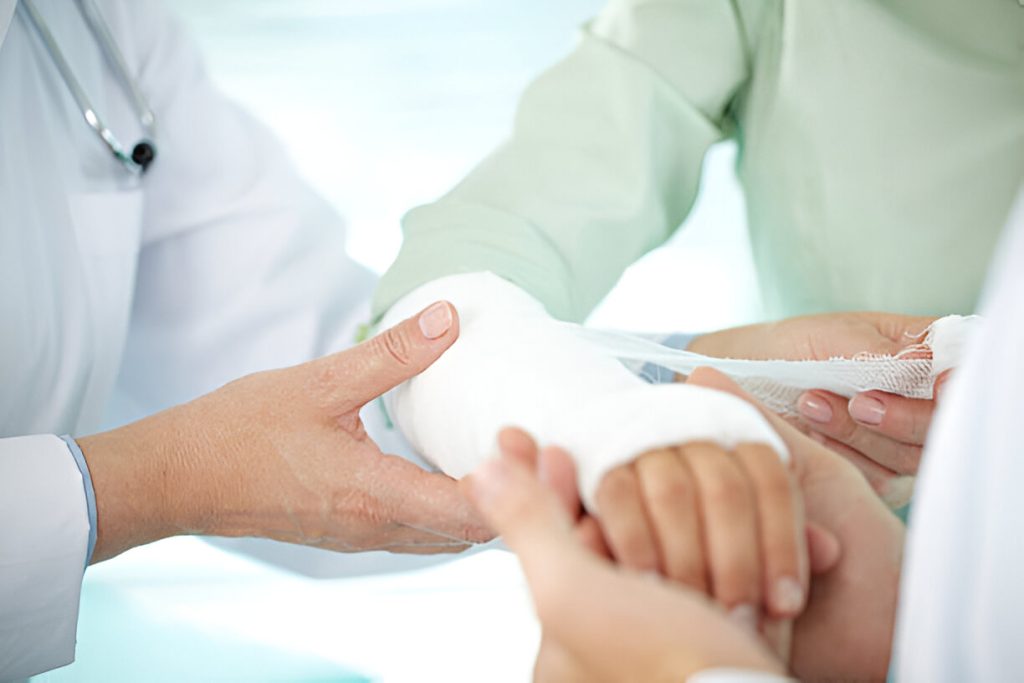A fracture can be painful and frustrating. Whether it’s a broken arm, leg, or any other bone, the goal is to heal as quickly as possible. Whether you’re recovering at home, visiting a walk-in clinic, or seeking care at the hospital near you, here’s a guide to understanding how to speed up bone healing in a safe and effective way.
Understanding Bone Healing
When you break a bone, your body starts a healing process. Initially, the body forms a blood clot around the fracture site. This clot turns into a soft callus made of cartilage. Over time, this cartilage turns into hard bone. The entire process usually takes between six and eight weeks, but it can vary based on the severity of the fracture and your age.
For specialized care, consider visiting an urgent care near you or a trusted walk-in clinic to monitor and guide your healing journey.
How Long Does It Take for a Broken Bone to Heal?
Key Steps to Speed Up Healing
- Follow Medical Advice: The first step in healing a fracture is to follow your doctor’s instructions. They will provide you with a treatment plan that may include a cast or brace. Adhering to these instructions is crucial. Any deviation can slow down the healing process.
- Keep the Fracture Immobilised: Keeping the fractured bone immobilized is essential for proper healing. This means not moving or putting weight on the injured area. Your doctor will advise you on how long you need to keep the bone still. If you need immediate guidance, consider visiting a walk-in clinic near you for professional advice.
- Maintain a Balanced Diet: A nutritious diet plays a significant role in bone healing. Ensure you eat plenty of fruits and vegetables. Foods rich in calcium, such as dairy products, leafy greens, and nuts, are particularly important. Vitamin D, found in fish and fortified foods, helps your body absorb calcium. Consuming adequate protein from sources like meat, eggs, and beans supports the repair of tissues.
- Take Necessary Supplements: In addition to a healthy diet, you might need supplements. Calcium and vitamin D supplements can help, especially if you are not getting enough from your diet. Magnesium and zinc are also beneficial for bone health. Always consult your doctor before starting any new supplements.
- Avoid Smoking and Alcohol: Smoking and drinking alcohol can significantly hinder bone healing. Smoking affects blood flow and slows down the repair process. Alcohol can interfere with the body’s ability to absorb nutrients needed for bone healing. Avoid these substances to ensure a faster recovery.
- Exercise Wisely: While rest is important, gentle exercise can help in the healing process once your doctor gives the green light. Activities like swimming or walking can improve blood flow, which helps deliver nutrients to the fracture site. However, avoid exercises that put stress on the injured bone. Always get your doctor’s approval before starting any exercise routine.
- Consider Alternative Therapies: Some people find relief from complementary treatments like acupuncture or certain essential oils. Acupuncture might help reduce pain and improve circulation. Essential oils like lavender or helichrysum can be soothing when used properly. Consult with a healthcare professional before trying these methods to ensure they are safe for your condition.
- Stay Hydrated Drinking plenty of water supports overall health and aids in the healing process. Proper hydration helps maintain the health of your cells and supports the repair of tissues. Aim to drink at least eight glasses of water a day, and more if you are active.
- Limit Salt and Caffeine: High salt intake can lead to calcium loss from your bones. Similarly, excessive caffeine can interfere with calcium absorption. Try to limit your intake of these substances to support bone healing. Opt for water, herbal teas, and fresh juices instead.
- Get Adequate Rest: Rest is crucial for recovery. Ensure you get enough sleep each night. Sleep helps your body repair and regenerate tissues, including bones. Create a comfortable sleeping environment to support restful sleep.
Monitoring Your Progress
Regular follow-ups with your doctor are important to track the healing progress. They might recommend X-rays or other tests to ensure the bone is healing correctly. If you experience any unusual symptoms or delays in recovery, contact a trusted healthcare provider, such as a hospital near you or a walk-in clinic, immediately.
Why Choose Deptford Medical Center?
At Deptford Medical Center, we understand the challenges of recovering from a fracture. Here’s why we’re the right choice for your care:
- Personalized Treatment Plans: We tailor our approach to your unique condition, ensuring the best possible outcome.
- Comprehensive Care: From diagnosis to treatment and follow-up, we offer a full range of services.
- Expert Team: Our experienced doctors and medical staff are committed to your recovery.
- Convenience: Whether you’re searching for urgent care near you or a walk-in clinic, we’re easily accessible and equipped to handle your needs.
Schedule Your Appointment Today
Start Your Recovery Journey Today
If you or a loved one has suffered a fracture, don’t wait to seek care. Contact Deptford Medical Center today to schedule a consultation or learn more about our services. Whether you need a walk-in clinic near you, an urgent care facility, or a specialized hospital near you, we’re here to help you heal faster and safer.
Visit: ULTRA CARE MEDICAL CENTER
Contact us today to schedule a consultation or learn more about how we can support your recovery journey. Visit our website or call us directly to get started. Your path to healing begins here!
Frequently Asked Questions
How long does it take for a fracture to heal?
Healing usually takes six to eight weeks. However, it can vary depending on the fracture’s severity, location, and your age. Follow your doctor’s advice for the best recovery time.
Can I speed up the healing process?
Yes, by following medical advice, keeping the bone immobilized, eating a balanced diet, avoiding smoking and alcohol, and staying hydrated, you can support faster healing.
Is exercise recommended during bone healing?
Gentle exercise can improve blood flow and aid healing, but only after your doctor approves. Avoid stressing the injured bone until it’s safe to do so.
Should I take supplements for faster healing?
Supplements like calcium and vitamin D can aid bone repair, especially if your diet lacks these nutrients. Always consult your doctor before starting any new supplements.
Can smoking affect my bone healing?
Yes, smoking can slow down bone healing by affecting blood flow and nutrient delivery. Avoid smoking to support a quicker recovery.
How does diet impact bone healing?
A balanced diet rich in calcium, vitamin D, and protein helps build and repair bones. Eat fruits, vegetables, dairy, and lean proteins for optimal healing.
What should I avoid during bone recovery?
Avoid smoking, excessive alcohol, high salt intake, and caffeine. These can hinder bone healing by affecting nutrient absorption and blood flow.

